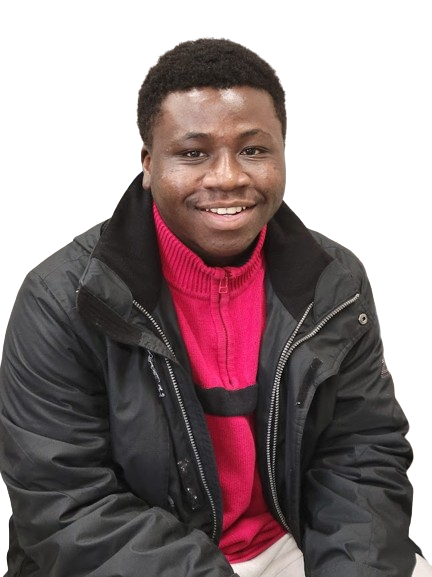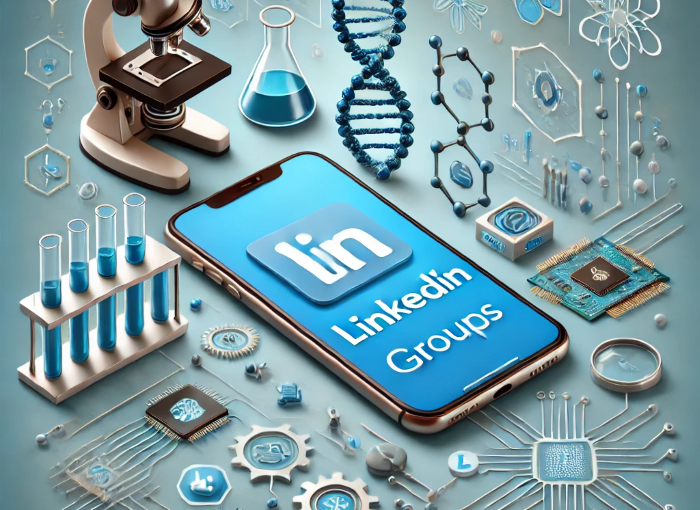LinkedIn Groups are an invaluable resource for STEM students, offering access to a professional network, industry knowledge, and academic insights. For students in science, technology, engineering, and mathematics, joining LinkedIn Groups like “STEM Students and Professionals,” “Engineering Graduates Network,” or “Future Scientists and Researchers” provides a platform to connect with both peers and established professionals in their fields.
Why STEM Students Should Use LinkedIn Groups
1. Networking with Professionals and Mentors:
STEM fields are vast and often require guidance on specialized paths, whether in academia, research, industry, or healthcare. LinkedIn Groups give students the chance to connect with mentors, alumni, and other professionals who can provide career insights, offer advice on choosing specializations, and share practical tips for succeeding in STEM careers. This network-building can lead to mentorships, internships, and even job opportunities, making LinkedIn Groups an essential resource for career development.
2. Access to Exclusive Resources and Job Opportunities:
Many groups focus on sharing niche resources such as internship listings, research opportunities, conferences, and webinars that are directly relevant to STEM students. Group members frequently post about available positions, application tips, and industry-related workshops, making LinkedIn a powerful tool for students looking to build experience and broaden their skills. These resources can give STEM students a competitive edge as they prepare to enter the workforce.
3. Staying Informed on Industry Trends and Innovations:
STEM fields are constantly evolving with advancements in technology, scientific research, and industry practices. LinkedIn Groups act as a hub where students can stay updated on new developments, emerging technologies, and trends. By participating in group discussions and following relevant threads, students can deepen their understanding of real-world issues and advancements in areas like biotechnology, data science, and environmental science. This knowledge can be particularly valuable for students as they choose career paths and areas of expertise.
4. Gaining Insights into Graduate Programs and Academic Pathways:
For STEM students considering graduate studies, LinkedIn Groups offer a wealth of information on topics like research programs, funding opportunities, and graduate school application advice. Members often share their experiences, from navigating rigorous academic paths to obtaining research funding and balancing school with work. These insights can be instrumental in helping students make informed decisions about their future academic goals.
5. Learning from Real-World Experiences and Case Studies:
Many LinkedIn Groups focus on discussing real-world challenges and case studies, allowing STEM students to gain practical knowledge beyond the classroom. These discussions can include troubleshooting engineering problems, solving complex coding challenges, or exploring case studies in scientific research. By engaging with these conversations, students can gain valuable insights into the day-to-day challenges they may face in their future careers.
For STEM students, LinkedIn Groups provide more than just a place to connect; they are a rich source of knowledge, resources, and career guidance that can significantly enhance their educational and professional journey. Engaging in these communities allows students to stay ahead in their fields, connect with mentors, and prepare for a successful transition from academia to the professional world.

Dennis Boakye ’26 is a junior with a major in Neuroscience and a minor in Mathematics. He is also a co-president of the Neurolawrence Club and the Synthetic Biology Club and the treasurer for the American Medical Student Association (AMSA, Lawrence Chapter) and the Black Student Union (BSU). Dennis is the current career peer educator for the Health and Medicinal Professions (HMP) and the Physical and Natural Sciences (PHN) career communities at Lawrence University. Connect with Dennis on LinkedIn.
